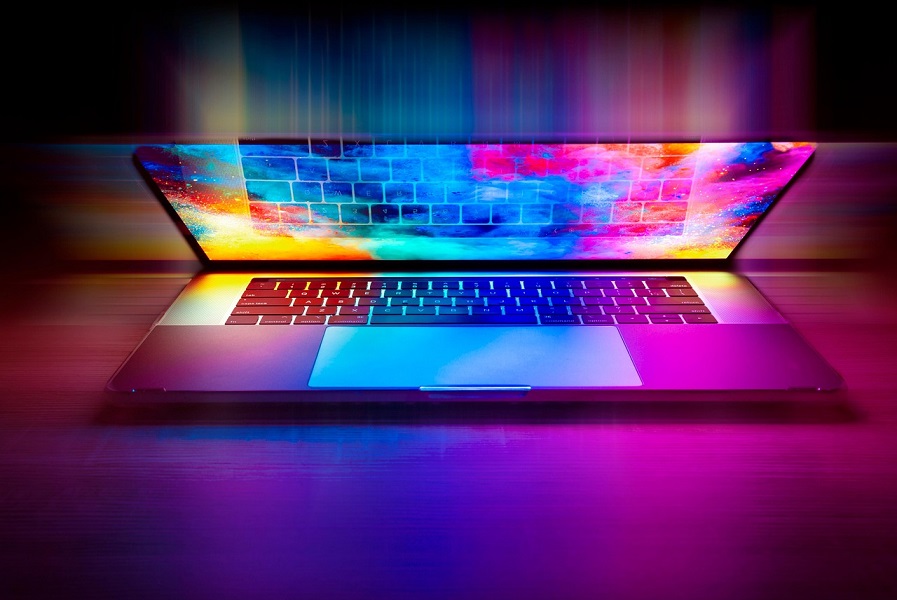Politics is no longer confined to parliaments — it lives online. In 2025, digital democracy is redefining how people participate in governance, debate policies, and hold leaders accountable.
H2: The Power of Social Media Politics
Platforms like X, TikTok, and YouTube have democratized political conversation. Leaders directly connect with citizens, bypassing traditional media.
However, misinformation, fake news, and echo chambers pose serious risks to truth and transparency.
H2: Data and Artificial Intelligence in Governance
Governments are using big data and AI to forecast trends, enhance policy decisions, and detect corruption.
AI-driven platforms now monitor election transparency and improve voter registration systems.
H3: Blockchain for Transparent Elections
Blockchain technology is being tested to secure digital voting systems — offering transparency, traceability, and zero manipulation potential.
H2: Digital Activism and Global Movements
From climate strikes to human rights campaigns, digital activism has empowered individuals to create global change. Pakistan’s youth, too, are using digital tools to demand reforms and accountability.
H2: The Ethical Dilemma
While technology enables freedom, it also fuels cyber manipulation, privacy breaches, and algorithmic bias. Balancing innovation with ethics is the next big challenge.
Conclusion
Digital democracy is here to stay. When used responsibly, it can strengthen civic engagement, accountability, and the power of collective voice across the world.
FAQs
Q1. What is digital democracy?
A1. The use of technology to enhance citizen participation, transparency, and governance.
Q2. How does AI affect political systems?
A2. AI helps analyze voter behavior, predict policy impacts, and manage government data.
Q3. Is online voting secure?
A3. Blockchain-based systems are improving election integrity, though security remains under scrutiny.

